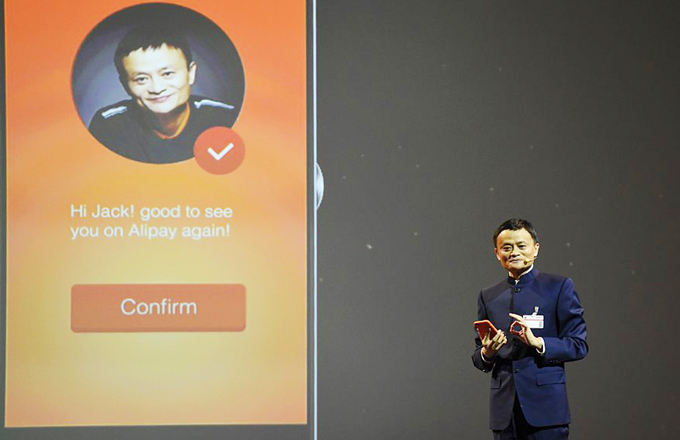Tencent to roll out a credit rating system
Testing positions company to compete with Alibaba's 'Sesame' web operation
Tencent Holdings Ltd, the social networking-to-payment conglomerate, is developing a credit-scoring system.
This is the company's latest attempt to seize market share from archrival Alibaba Group Holding Ltd in China's lucrative online payment sector.
The Shenzhen-based firm has trial-tested a credit-rating service among select audiences to seek advice for product optimization.
"Previous tests only applied to Tencent Credit and QQ's Super Members," Tencent said in a text reply to China Daily on Tuesday.
"Tests have come to an end for now and further development will be announced in due time."
The company declined to reveal details including its functionalities, initial responses from users and the timetable for a formal launch.
The move will position Tencent to compete with Ant Financial Services Group, a payment affiliate of Alibaba, which pioneered a Sesame Credit system that evaluates and ranks users' credit ratings.
The Sesame service is embedded in Alipay, Alibaba's payment tool.
Its 520 million users are able to access a wide range of financial offerings from renting cars without deposits to receiving loans with lower interest rates, if their credit scores reach a certain benchmark.
Individual credit rating is an emerging but popular concept, especially among China's younger and freer-spending generation who lack credit history. A May report by Ant indicates that one in four of those aged 18 to 27 use Ant Check Later, a personal loan and installment service that leverages users' credit scores for risk assessment.
The move to develop credit ratings is another step by Tencent to encroach on the market once dominated by Alibaba.
The duo are engaged in a weeklong campaign that ended on Tuesday to encourage Chinese to adopt their digital payment solutions through lavish incentives including cash rebates and free bus rides.
Alibaba is ceding ground to Tencent in China's 18.8 trillion yuan ($2.76 trillion) mobile payment market. Its share subsided from over 70 percent in 2015 to 53.7 percent, while that of Tencent surged to 39.5 percent in the first quarter of 2017, according to consultancy Analysys.
"They both understand the importance of controlling consumer information and leveraging that data for artificial intelligence ventures for delivery, marketing and e-commerce," said Shaun Rein, managing director of China Market Research Group.
Albeit being a late mover, Tencent's core competence lies in its social capability backed by WeChat's 938 million users, said Aaron Guo, senior research analyst at consultancy Mintel.


















